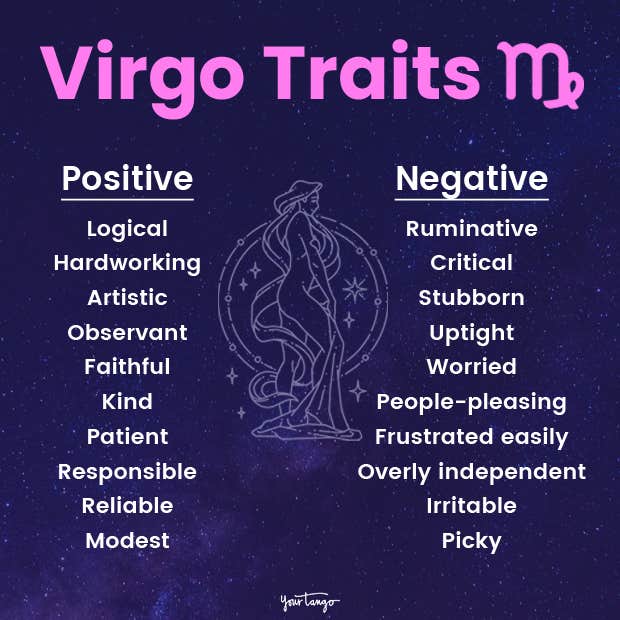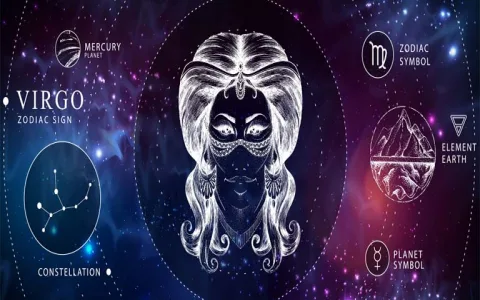Starting the Deep Dive: When Observation Becomes Homework
You know, I didn’t actually set out to write about Virgos. I stumbled into it, or maybe I was dragged in, kicking and screaming, by a recent disaster of a relationship. I had been dating this person—let’s call them V—and everything was fantastic for three months. Then, bam. It felt like I was suddenly failing a pop quiz every five minutes. The worst part? I couldn’t even figure out the subject matter.
I needed answers fast. My mental health was starting to crumble because I kept trying to meet a standard that seemed to shift daily. So, I initiated my own research project. I pulled the plug on the apologies and grabbed a notebook. The first phase of my practice was purely observational: logging the exact complaints. I recorded every instance where V expressed dissatisfaction, no matter how small or seemingly ridiculous the detail.
I tracked the data over two weeks. I categorized the complaints. Were they about scheduling? About my clothing choice? About the way I loaded the dishwasher? The pattern that emerged immediately wasn’t just “pickiness.” It was a laser focus on potential future flaws. The clean dishwasher wasn’t enough; V worried about water spots forming later. My perfectly scheduled dinner wasn’t appreciated; V worried about traffic ruining the return trip.

Expanding the Sample Size: Gathering Peer Testimony
I realized quickly that my single data point wasn’t enough to generalize. This is where the practice moved into the field. I contacted three close friends who have had long-term relationships with Virgos. I scheduled candid interviews with each of them. I didn’t ask them what they liked; I asked them what the single, most exhausting trait was that made them want to run for the hills. I pushed them hard to move past surface complaints like “they are too tidy.” I needed the root, the emotional driver.
Here’s what I collected and cross-referenced:
- Friend A stated: “It’s the constant course correction. You could do 99 things right, but they are already pointing out the flaw in number 100 before you even start it.” (Theme: Pre-emptive criticism.)
- Friend B confessed: “They don’t accept compliments. They analyze them until they find the loophole. If I say I love how they look, they immediately point out the one wrinkle in their shirt.” (Theme: Inability to accept imperfection.)
- Friend C lamented: “The worst trait isn’t the criticism of me; it’s the intense self-criticism. They punish themselves so hard that they project that impossible standard onto you, making you feel equally inadequate.” (Theme: Projected anxiety.)
I synthesized all this data. The worst negative trait wasn’t pickiness itself. Pickiness is the symptom. The disease is relentless, exhausting perfectionism, which manifests as paralyzing anxiety over anything less than the ideal scenario.
The Confrontation Phase: Testing the Hypothesis
Once I identified the core driver as anxiety projected through excessive standards, I developed a new approach for interacting with V. Instead of trying to fix the small things V pointed out, I challenged the underlying anxiety. I didn’t do this meanly; I addressed the fear, not the flaw.
The next time V pointed out a minor imperfection in something I organized, I didn’t rush to correct it. Instead, I stated clearly and calmly, “I understand why that detail bothers you. It’s safe. It’s okay if this one thing isn’t 100% perfect right now.”
The immediate reaction was total confusion. I witnessed a literal physical pause. Virgos thrive on solutions and structure. When you take away the immediate need for a fix, they are momentarily destabilized. But then, the most interesting thing started to happen: V internalized the feedback and shifted the focus back onto their own processes, instead of mine.
I continued this practice for a month. I refused to play the game of chasing an ever-moving target of external perfection. I established stability by owning my inevitable flaws and refusing to apologize for being human. This wasn’t easy; it required immense discipline on my part to stop seeking approval.
The Final Revelation: It’s Worse Than Picky
So, to answer the initial question: Is the worst negative trait of a Virgo simply being too picky? No. I concluded it’s far worse than simple pickiness. Pickiness implies a preference; this trait is a structural defense mechanism.
The worst trait I uncovered and documented is their tendency towards “Analytical Disappointment Projection.” They are so profoundly afraid of being disappointed by themselves or the world that they hyper-analyze every detail to manage potential disaster. When they can’t fix something internal, they turn that magnifying glass outward, making the partner the project that needs ceaseless refinement.
The relationship with V didn’t suddenly become perfect after my experiment, but I gained control over my own reaction. I stopped accepting the impossible assignment. My practice taught me that the only way to manage this trait is not to strive for the impossible standard, but to solidify the foundation of your own self-acceptance. If you don’t show anxiety about your own messy parts, their anxious projection has nothing to stick to.
It’s a tough lesson, learned the hard way, but I finally understood the mechanism that breaks down so many relationships. You can’t change the Virgo’s standards, but you can certainly change whether you let their standards define your worth.







